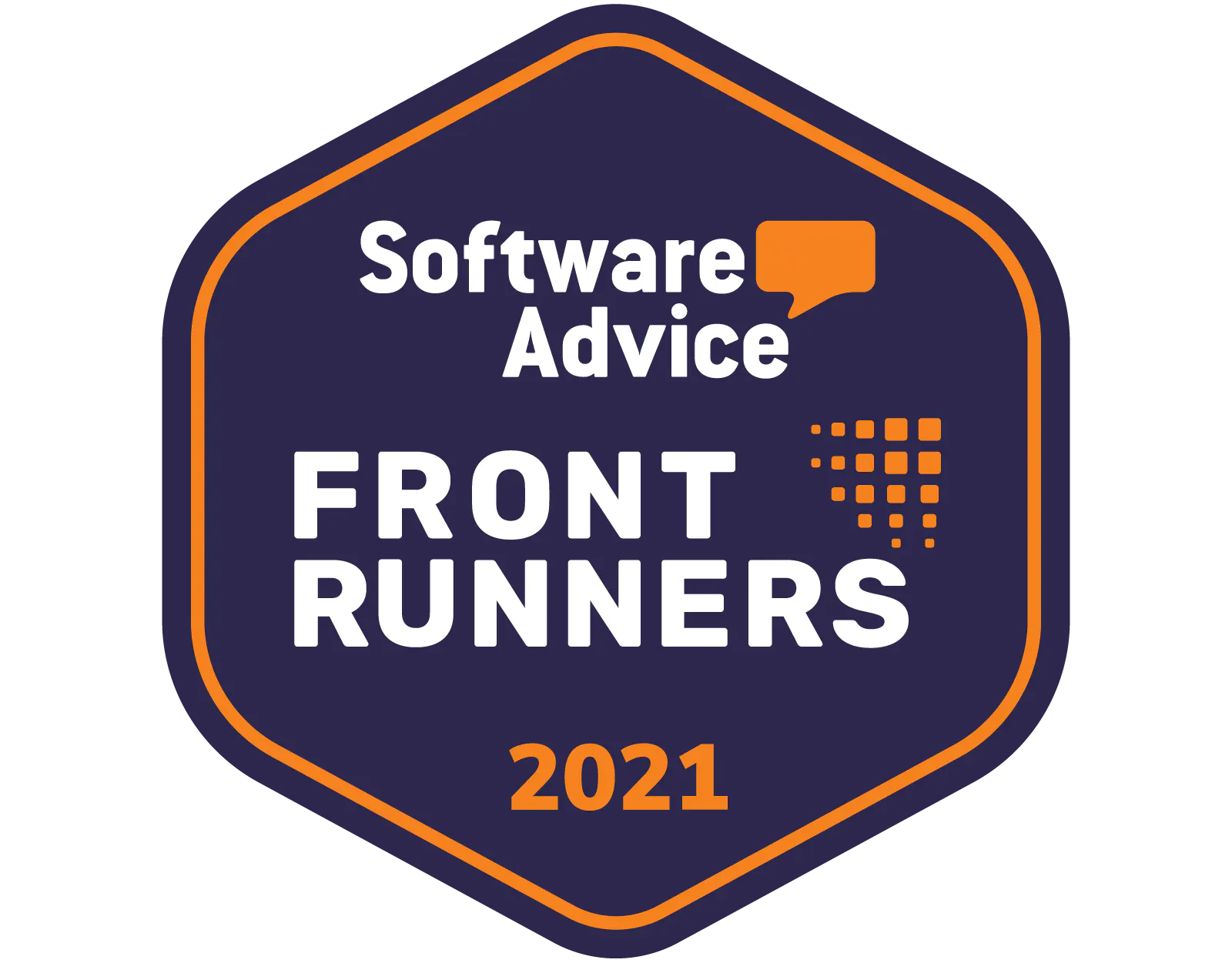UpKeep AI Suggestion
Search Results
What are the different career paths in facilities management?
Want to keep reading?
9 Best Online Facilities Management Courses
If you’re looking for a way to advance in your career at your own pace, consider signing up for one of these online facility management courses.
How to Get Promoted to a Maintenance Supervisor
Get tips on how to move from the role of maintenance technician to maintenance supervisor.
The Most Popular Maintenance Certifications
See the available maintenance certifications that help maintenance professionals prove their qualifications, abilities, and land better jobs.
4,000+ COMPANIES RELY ON ASSET OPERATIONS MANAGEMENT
Leading the Way to a Better Future for Maintenance and Reliability
Your asset and equipment data doesn't belong in a silo. UpKeep makes it simple to see where everything stands, all in one place. That means less guesswork and more time to focus on what matters.


![[Review Badge] GetApp CMMS 2022 (Dark)](https://www.datocms-assets.com/38028/1673900459-get-app-logo-dark.png?auto=compress&fm=webp&w=347)
![[Review Badge] Gartner Peer Insights (Dark)](https://www.datocms-assets.com/38028/1673900494-gartner-logo-dark.png?auto=compress&fm=webp&w=336)

Career paths in facilities management can be divided by discipline and by industry. For example, one person may pursue a career in hardware maintenance while another chooses to work in transportation. Both of these disciplines are available in industries such as business, nonprofit, and government.
Facilities management encompasses the “coordination of people, place, process and technology,” according to the International Facilities Management Association. That’s a broad definition, which means professionals pursuing a facilities management career have a multitude of options.
10 Discipline Choices
Within each of the following disciplines, professionals can choose to pursue either a hands-on or management career path. The 10 major disciplines are summarized below:
1. Janitorial and Landscaping
Every facility in every industry requires a staff to care for its physical cleanliness and appearance.
2. Building Systems
People in this discipline care for all the behind-the-scenes systems including HVAC, utilities, and safety and security hardware.
3. Daily Operations
Daily operations staff coordinates conference rooms, stocks office supplies, and works with departments such as IT to address problems.
4. Environment, Health and Safety
These team members ensure that facilities comply with regulations and promote healthy and safe work environments.
5. Space Management
Managing a facility’s head count and required office space is an important role for folks in this discipline.
6. Transportation
From fleet management to vehicle maintenance, transportation encompasses a wide range of tasks for FM professionals.
7. Building Security
Items such as alarm systems, door security, electronic key cards, and building cameras must be repaired and maintained.
8. Fire Prevention
Professionals responsible for fire safety take care of evacuation plans, physical fire prevention equipment, and strategic plans.
9. Production Continuity
Facilities professionals must manage all the components to keep the daily workflow moving efficiently.
10. Career Advancement
Professionals in facilities management careers must pursue a combination of formal education and gaining industry experience. Many technical schools around the country offer facilities management courses, degrees, and certifications. Industry trade organizations also have professional development and networking opportunities. In addition, technology is changing rapidly in the field. Professionals who stay up-to-date on these developments will find more advancement opportunities.